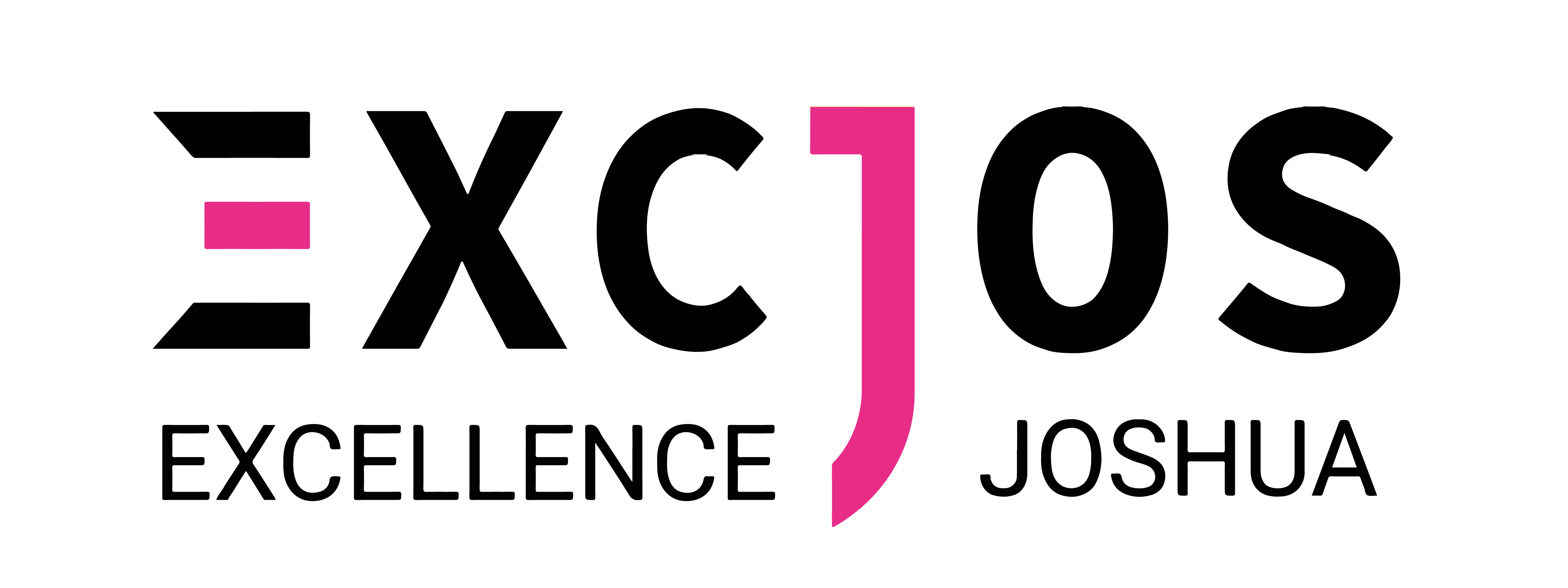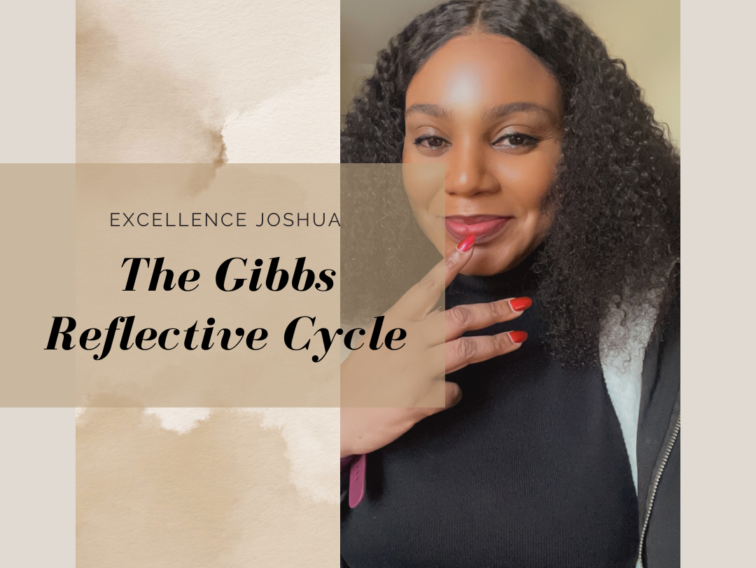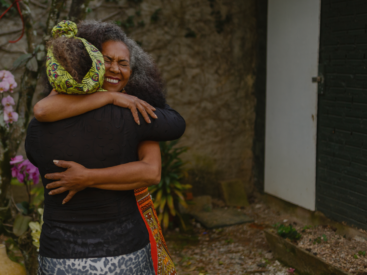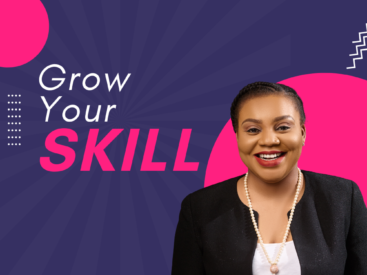Let’s talk about the Gibbs Reflective Cycle; a useful framework for reflection and learning. I first heard about this cycle shortly after I resumed my studies in Berkeley. I had just arrived and everything was different; I had all these dreams and ideas but I’m that girl who won’t start a journey without counting the costs. There were certain aspects of my life I wanted to revisit: my career and marriage. These were areas that I had previously encountered detours but this time, I was determined to get it right so I had to sit down to reassess what had previously gone wrong.
The Gibbs Reflective Cycle consists of six stages, which are often used by individuals in various fields to analyze and reflect upon their experiences, actions, or decisions. This cycle is particularly popular in education, healthcare, and other professions where critical self-assessment is essential.
Follow me as I describe this cycle.
- Description: In this first stage, you describe the situation or experience you want to reflect on. You provide the context and background information, detailing what happened. Some questions to ask include:
- What happened?
- When and where did it happen?
- Who was present?
- What did you and the other people do?
- What was the outcome of the situation?
- Why were you there?
- What did you want to happen?
- Feelings: Here, you explore your emotions and thoughts during the experience. This step encourages you to delve into your feelings, whether they were positive or negative, and how they influenced your actions or reactions. Questions you should ask include:
- How did that event make you feel?
- What were you feeling during the situation?
- What were you feeling before and after the situation?
- What do you think other people were feeling about the situation?
- What do you think other people feel about the situation now?
- What were you thinking during the situation?
- What do you think about the situation now?
- Evaluation: In this stage, you critically analyze the situation. What went well? What didn’t? What factors contributed to the outcome? You assess the pros and cons, identifying both the successes and the areas for improvement. Questions to ask include:
- What went well and what didn’t go well?
- What was good and bad about the experience?
- What went well?
- What didn’t go so well?
- What did you and other people contribute to the situation (positively and negatively)
- Analysis: This step involves a deeper examination of the situation. You try to understand why things happened the way they did. What theories or concepts can be applied to explain the events? What were the underlying causes?
- Why did things go well?
- Why didn’t it go well?
- What sense can I make of the situation?
- What knowledge – my own or others (for example academic literature) can help me understand the situation?
- Conclusion: In this stage, you draw from your analysis. What did you learn from the experience? What insights can you gain? It’s a moment of synthesis where you reflect on the broader implications of the situation.
- What did I learn from this situation?
- How could this have been a more positive situation for everyone involved?
- What skills do I need to develop for me to handle a situation like this better?
- What else could I have done?
- Action Plan: Finally, you outline the actions you plan to take in the future. Based on your reflection and analysis, what changes or improvements do you intend to make? How can you apply your learning to future situations?
- If this situation happens again, what do I do?
- If I had to do the same thing again, what would I do differently?
- How will I develop the required skills I need?
- How can I make sure that I can act differently next time?
Over the last few months, I have found the Gibbs Reflective Cycle a flexible tool that promotes self-awareness, critical thinking, and continuous improvement. It’s not limited to any specific field or profession and can be adapted to various situations. Whether you’re a student, professional, educator, or anyone seeking personal growth, this reflective model can help you learn from your experiences and make better decisions in the future. It helped me to.
Yes, it might take time and requires you to be still to call out the answers to these questions: however, it ushers you into a life-transformative journey you never knew existed.




